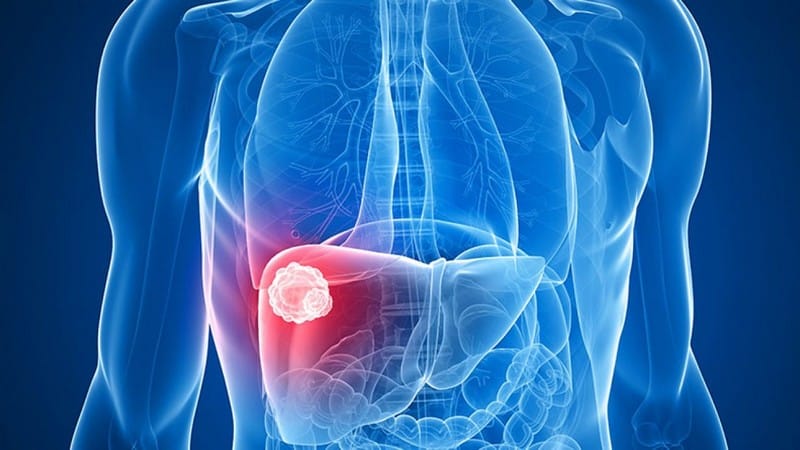Cirrhosis

Cirrhosis is the condition where healthy liver cells are replaced by scar tissue gradually, affecting the organ’s ability to function. It’s a progressive and long-term disease that can develop for years and result in liver damage. Some factors that may cause the condition are viral infections, excessive alcohol consumption, genetic and hereditary conditions, specific autoimmune disorders, metabolic syndrome, and abuse of medications for treating diseases like rheumatoid arthritis.
There are usually no symptoms in the early stages of cirrhosis. However, the build-up of scar tissue eventually undermines the liver’s proper functioning. Those with the condition may notice fatigue, nausea, appetite, and weight loss. As it progresses, they may experience leg and abdominal swelling, enlarged spleen, infections, confusion, jaundice, tarry stools, dark-colored urine, itching, and internal bleeding. Beyond the accumulation of scar tissue, there’s also a possibility for the formation of regenerative nodules.
The early diagnosis of cirrhosis may treat the cause, limiting further damage or complications to the organ. Usually, treatment begins with lifestyle changes, such as avoiding alcohol use and limiting salt intake. If conditions like hepatitis C or B are causing the issue, a doctor may prescribe specific antiviral medications.










